Why a Rwandan sports reporter fled his home
By Great Lakes service
BBC News
Covering sports in Rwanda, which is hosting the Commonwealth heads of state gathering this week, is normally considered one of the safest beats for journalists, but for Prudence Nsengumukiza the constant fear of displeasing someone in power became too much.
After finishing a one-month journalism residency with the Royal Museum for Central Africa in Belgium last year, the 33-year-old stayed on as an asylum seeker in the former colonial power.
It was not a decision he took lightly - as he is now afraid he will be hunted down by agents of President Paul Kagame's government, which has been known to target critics abroad.
When we speak, he does not want to reveal too much about his location.
"You know how security services from Kigali work. They have people everywhere. I can tell you where I am now and the same day they can get to me," he laughs nervously.
He now works for a diaspora-run website critical of the government, one of about a dozen websites blocked in Rwanda.
A local site linked to the government has since accused him of "cowardice" and "making a living by tarnishing the country that gave you milk", warning "it is also a betrayal and nobody betrays Rwanda and gets lucky".
The sports presenter had worked at a pro-government media firm, one of whose shareholders, staff believe, is the military.
He gave an example of how even a football story could get you into trouble. In 2019 the army-owned APR FC, record title-holders in the country's premier league, sacked 16 players over poor performance - something Nsengumukiza wanted to investigate using his legal background as a law graduate.
"I had intended to interview a lawyer and explore law provisions [for the players]… But the idea was dismissed in the morning editorial meeting, with editors arguing it would not be well received."
Campaign group Human Rights Watch has documented how little free speech is tolerated in Rwanda, citing in a recent report that at least eight YouTubers considered to be critical of the government had been prosecuted over the last year.
This includes a seven-year prison sentence for Dieudonné Niyonsenga, popularly known as "Cyuma Hassan", who filmed residents as soldiers forcefully expelled them during a slum clearance. One of the charges he faced was the "humiliation of national authorities and persons in charge of public service".
His channel Ishema TV, which is no longer available on YouTube, became popular when he covered the funeral in 2020 of gospel singer Kizito Mihigo and noted facial injuries on the corpse.
This appeared to contradict the official version of the peace and reconciliation activist's death - that he had taken his own life while in a police cell a few days after being arrested trying to flee the country.
Anjan Sundaram's acclaimed book Bad News reflects this repression, listing some 60 journalists who were physically assaulted, arrested, killed or forced to flee after criticising Rwanda's government between 1995 and 2014.
One such journalist is 39-year-old Eleneus Akanga, who used to work for the pro-government New Times newspaper and also filed for the Associated Press and Reuters. His journey to becoming a refugee in the UK started in 2007 after some local reporters were roughed up.
"I sat down with my editor and I said: 'We need to find out who is beating these people because these journalists were claiming that it was government agents hitting them,'" he told the BBC.
It was agreed he could report this - but afterwards, the president's office demanded his dismissal "for apparently authoring a story that sought to put Rwanda in disrepute with its development partners".
After getting the sack, Akanga tried to set up a regional newspaper, the Weekly Post, but its maiden issue was confiscated and its licence revoked. A friend tipped him off that his arrest was imminent - on suspicion of being a spy - and he managed to flee. Fifteen years on, he is now a British national and lawyer.
"To be fair I haven't had any specific threats in the UK. But I still take precautions if I have to and… avoid some of the areas that I feel have been taken over by some Rwandan agents."
And he fails to grasp why the UK - the country that took him in as an asylum seeker - is sending those in need of support to a place with a noted poor human rights record, under the controversial Rwanda asylum plan.
"I think it's a bizarre policy. I know how scary it can be when you are really fleeing somewhere and hoping to get some sort of refuge in a country that you've selected."
The Rwandan government insists the agreement with the UK offers a solution to illegal migration, giving people safety and opportunities.
It also consistently dismisses concerns over its human rights record, saying no-one can lecture Rwanda on the topic, adding it has fair and transparent systems - and has never officially commented on the cases of Nsengumukiza and Akanga.
Commonwealth urged to act
For Belgian political scientist Prof Filip Reyntjens, one of the leading experts on the Great Lakes region, Nsengumukiza and Akanga's experiences reflect what he calls the "two Rwandas".
One is good at managing foreign aid, cracks down on corruption and performs well on a technocratic level compared with other African nations.
"But on the other hand… you are faced with unlevel playing fields, [a] de facto one-party state, huge restrictions to freedom of expression and freedom of the press, illegal and arbitrary arrests, disappearances and even persecutions of opponents across Rwandan borders," he told the BBC.
The first Rwanda is what impresses donor nations, which see it as a success story for its 13 million inhabitants, even though it remains one of the 25 poorest countries in the world.
Rwanda was allowed to join the Commonwealth in 2009, despite a group set up to defend human rights in member countries voicing concern. It was hoped its membership would bring change.
"But it has certainly not improved over time. If anything it's worse today than when Rwanda joined the Commonwealth," Prof Reyntjens says, citing this year's report by US-based rights group Freedom House that classifies Rwanda as "not free", with an overall mark of 22/100.
In 2014, even BBC Kinyarwanda - which was initially set up in the aftermath of the 1994 genocide as a lifeline service - was banned (and remains off air) on FM following a BBC Two documentary challenging the government's official version of the genocide.
The UN refugee agency says there are currently 287,000 Rwandans registered as refugees around the world - though it points out this is just a fraction of those living outside the country.
Ahead of the Commonwealth Heads of Government Meeting (Chogm), 24 international civil society groups wrote an open letter warning that the Commonwealth's silence on Rwanda's human rights record risked undermining the organisation's human rights mandate.
The Commonwealth has not commented on this - or responded to BBC requests for comment on why it decided to hold its meeting in Rwanda's capital, Kigali.
Prof Reyntjens suggests the international community's failure to put a stop to the 100-day genocide, when an estimated 800,000 people died, plays a role in this reticence.
"This feeling of guilt is exploited fully by the regime in Kigali. Each time there is criticism of what is happening in Rwanda, they will say: 'Where were you in 1994?'"
And while the country seems peaceful now, the academic warns that resentment and underlying frustration have slowly been building over the past 25 years.
According to last week's Africa Youth Survey, people in Rwanda had the most positive overall view of the 15 countries polled, with 60% of people expressing confidence in the future. However, this still leaves 40% of those interviewed feeling the country was heading in the wrong direction, and more may have felt reluctant to openly criticise the government.
That is something that Nsengumukiza could not agree with more.
"I don't intend to keep silent," he says. For him Belgium is not home and he would like to return to Rwanda one day - if it becomes safe to do so.
You may also be interested in:
________________________________________________________________
-Ushobora kohereza message yawe kuri : rwandaforum@googlegroups.com
-Ushobora kwiyandikisha kuri iyo groupe wandikira: rwandaforum+subscribe@googlegroups.com
-Ushobora kwikura kuri iyo groupe wandikira: rwandaforum+unsubscribe@googlegroups.com
-Archives z'iyi groupe ushobora kuzisoma kuri:
https://rwandaforumonline.blogspot.com/
-Contact: rwandaforumonline@gmail.com
____________________________________________________
---
You received this message because you are subscribed to the Google Groups "Rwanda Forum" group.
To unsubscribe from this group and stop receiving emails from it, send an email to rwandaforum+unsubscribe@googlegroups.com.
To view this discussion on the web visit https://groups.google.com/d/msgid/rwandaforum/CAEe4F%3DdQhNGH%3DPzC%3DUJ3o8df7nPiPjf2n1aVKk-mCZ710bbCNQ%40mail.gmail.com.
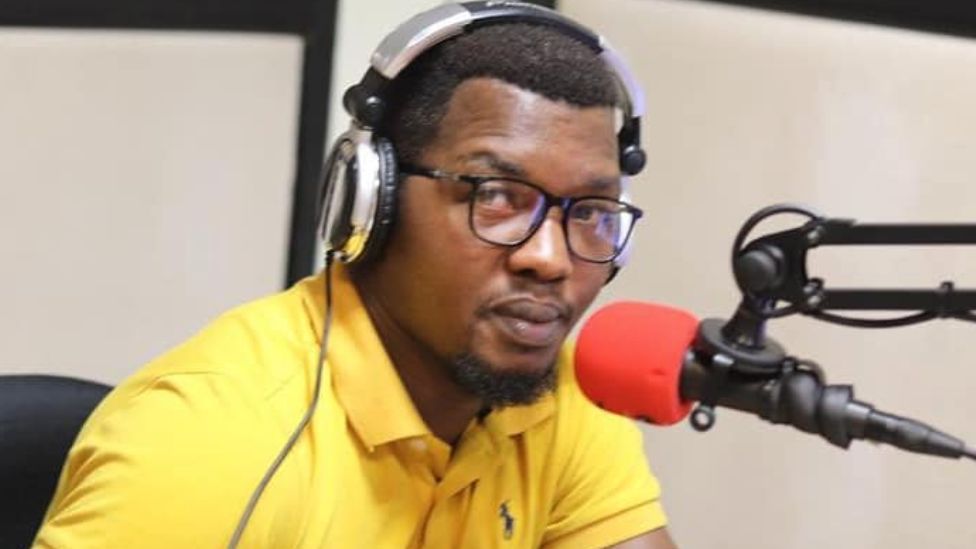
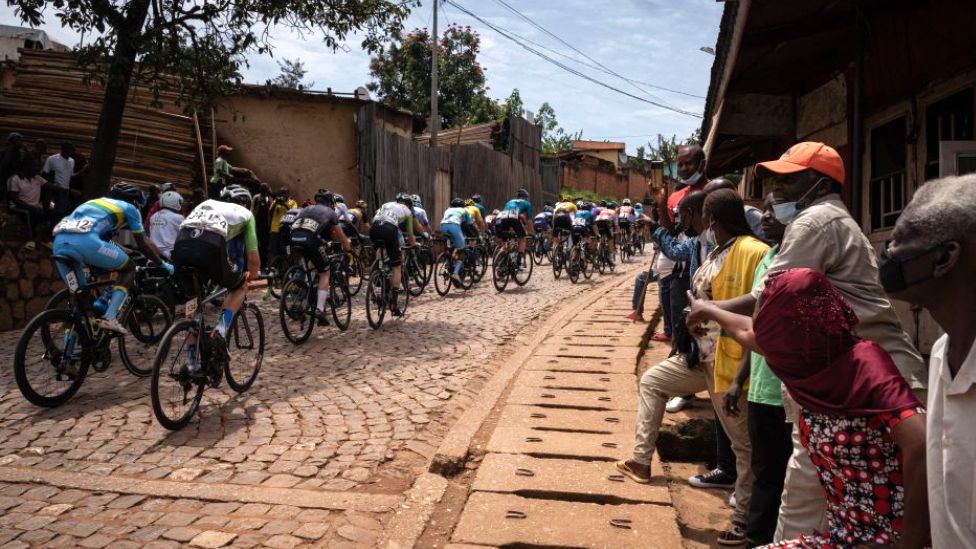
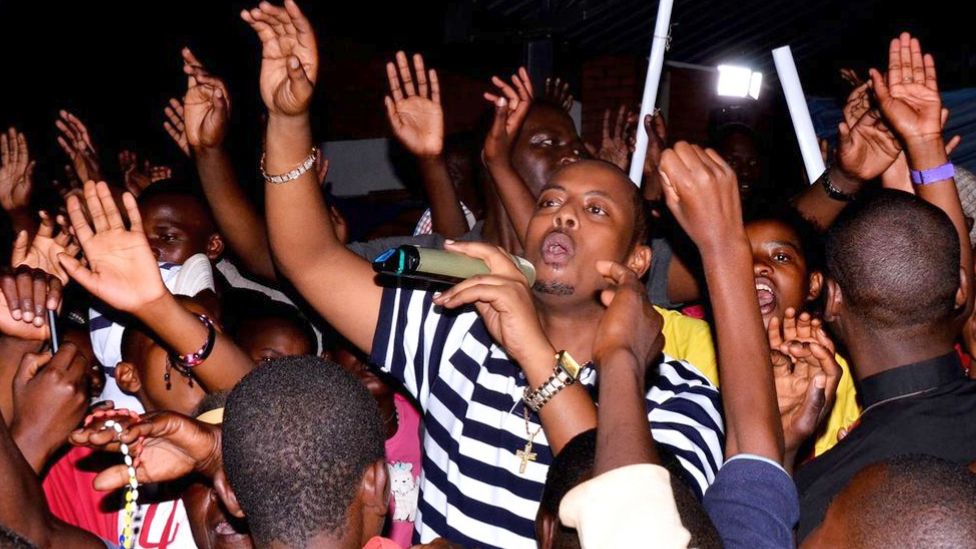
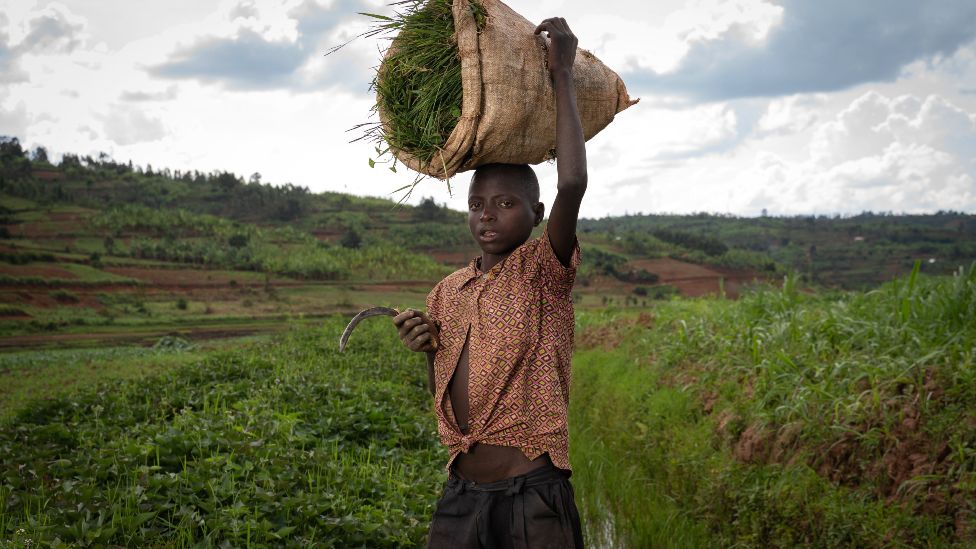
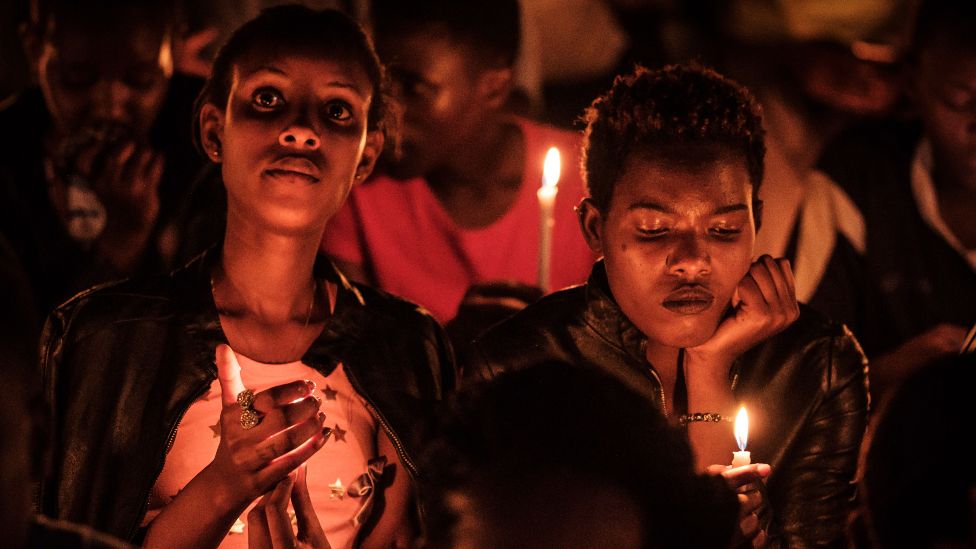
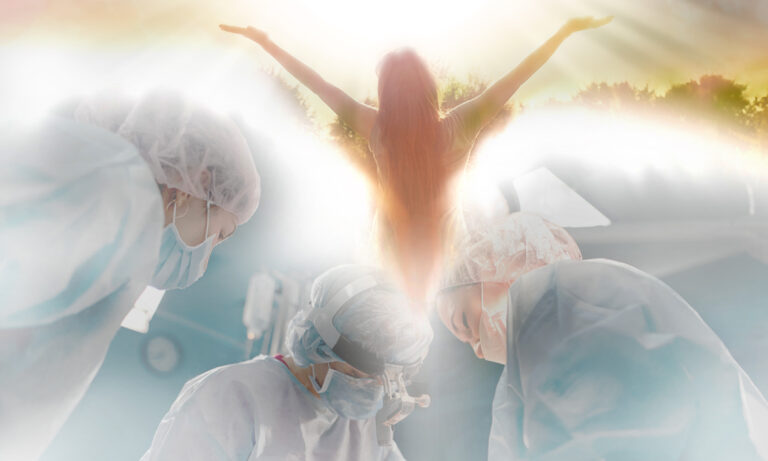


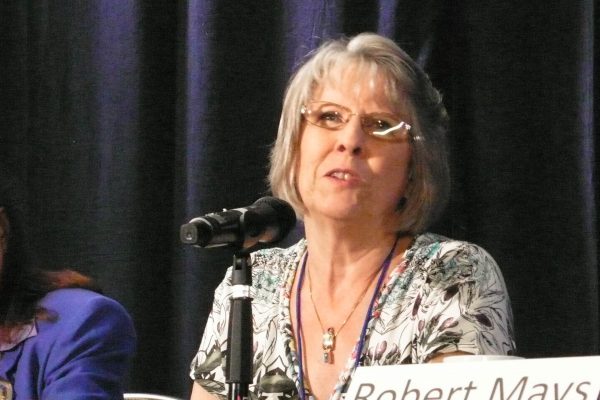




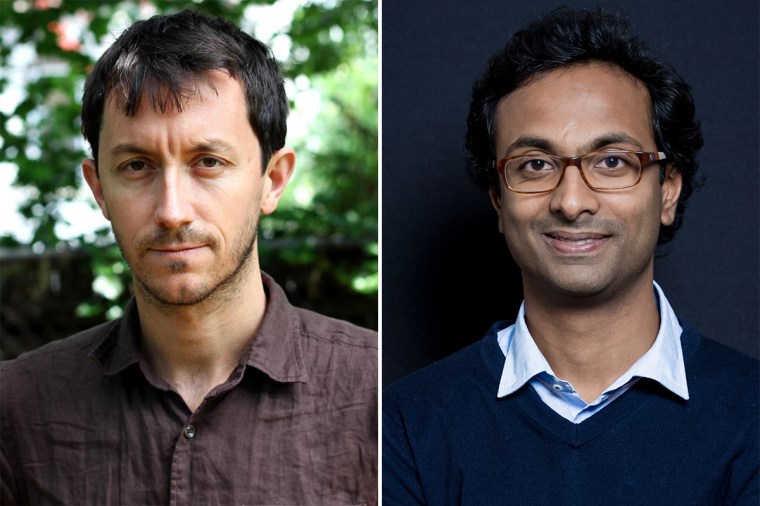 Journalists Benedict Moran (left) and Anjan Sundaram (right) were recently denied accreditations to cover the upcoming Commonwealth Heads of Government Meeting in Rwanda. (Photos courtesy of the journalists)
Journalists Benedict Moran (left) and Anjan Sundaram (right) were recently denied accreditations to cover the upcoming Commonwealth Heads of Government Meeting in Rwanda. (Photos courtesy of the journalists) 